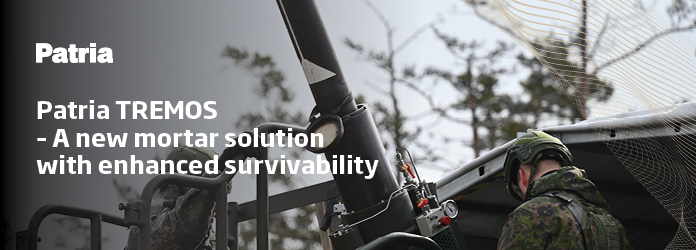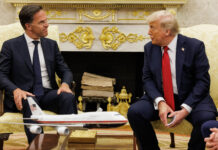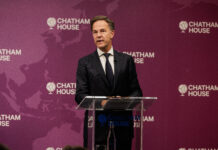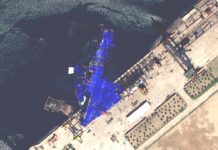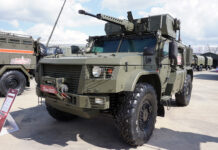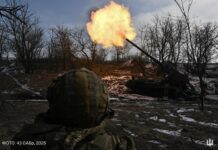Reported nuclear co-operation between China and Russia was one of a number of strategic threats to the United States outlined during an 8 March 2023 hearing of the House Armed Services Subcommittee on Strategic Forces.
With the subcommittee convened to discuss the US military’s financial year 2024 Strategic Forces Posture, its chairman, US Representative Doug Lamborn (R-CO), noted that various open-source media outlets had reported how Rosatom, a Russian state corporation specialising in nuclear energy, is providing highly enriched uranium for Chinese fast breeder reactors.
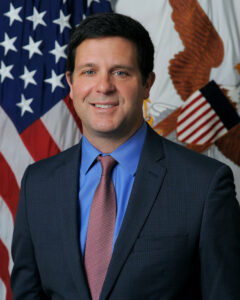
Lamborn asked the panel convened for the hearing how concerning it was to see Russia assisting China in this way, to which US Assistant Secretary of Defense for Space Policy John Plumb replied, “It’s very troubling to see Russia and China co-operating on this. They may have talking points around it, but there’s no getting around the fact that breeder reactors are plutonium, and plutonium is for weapons.
“So I think the [Defense] Department is concerned,” Plumb said. “And of course, it matches our concerns about China’s increased expansion of its nuclear forces as well because you need more plutonium for more weapons.”
Plumb testified at the hearing that China and Russia have placed nuclear weapons, space warfare and long-range strike at the centre of their strategies to counter the United States and its allies.
“China is engaged in a significant and fast-paced expansion and diversification of its nuclear forces,” he said. “Also, Russia and China view space as a warfighting domain.”
Furthermore, China also has an ever-growing inventory of sophisticated long-range strike systems that can put US forces at risk at ever-growing ranges, Plumb warned.
As chairman of the subcommittee Lamborn additionally noted the growing threat from North Korean nuclear-capable intercontinental ballistic missiles (ICBMs) and ongoing Iranian attempts to develop a similar capability.
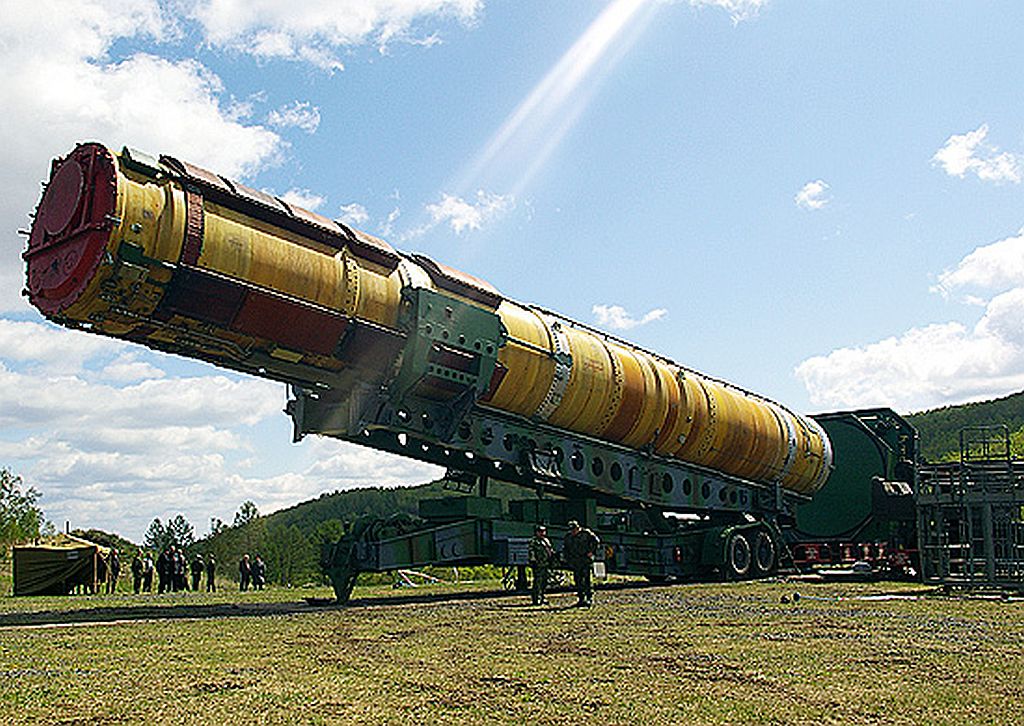
He therefore laid out the priorities for the subcommittee as being to accelerate the fielding of hypersonic weapons to all three US services; to adjust the US nuclear modernisation programme to deter both Russia and China simultaneously; and to ensure US missile defences can outpace the North Korean and forthcoming Iranian ICBM threats.
Peter Felstead


